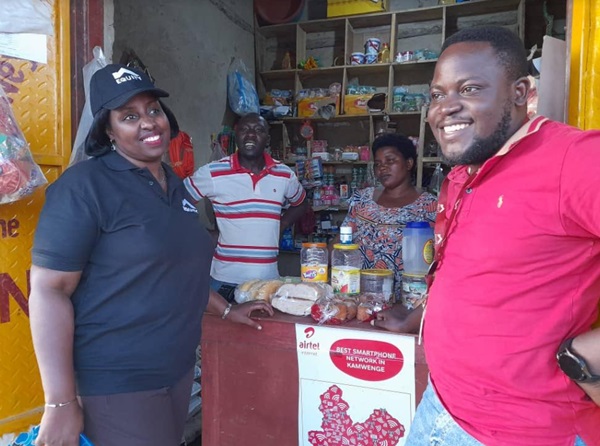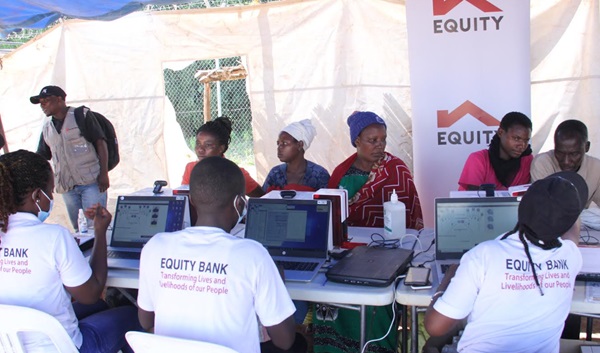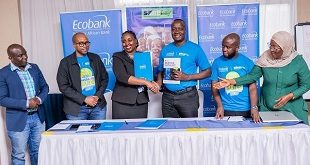
Equity Bank is transforming refugees into entrepreneurs through micro enterprises
Nakivale, Uganda | THE INDEPENDENT | Working with 262 refugee agents, refugee groups have received agent loans worth UGX 311 million from Equity Bank Uganda. So far, 3,662 individual refugees have also taken out UGX 408.2 million in loans while deposits generated by refugees have crossed a UGX 2 billion mark.
In addition, 5,807 refugees have received financial literacy education with most being supported to access digital inclusion tools.
“This program is illustrative because it has helped to transition beneficiaries from systematic dependence on aid to economic stability and self-reliance,” says Elizabeth Mwerinde Kasedde, Equity Bank’s Executive Director of Public Sector and Social Investments.
Besides the micro enterprises helping them achieve financial independence, the quality of their lives has improved, helping them access goods and services beyond the support they get from international agencies.
A new life
When refugees settle in a host country; they want to start a new life, be self-sufficient and contribute to their communities.
However, building a new life is filled with challenges especially if it means starting a business. They may find themselves cut off from credit and investment—and from other products and services that are so critically important, which becomes a limitation to building a better life.

In the expansive Nakivale Refugee Settlement in South Western Uganda, Equity Bank has been experimenting with a bold approach that is charting a new course for supporting displaced people through micro-credit and micro-enterprises.
Uganda being host to more than 1.5 million refugees across both urban areas and 13 rural settlements, promoting entrepreneurship is increasingly viewed as an effective approach to overcoming the challenges of economic and social inclusion for refugees, according to the United Nations High Commissioner for Refugees’ operational data on refugee entrepreneurship in Uganda.
In 2018, Equity Bank started extending financial support to refugees through social payments and Safety Net programs, and in 2022, the Bank enlarged its purse to refugees by providing micro-credit to refugee households.
The idea was to help them to start micro-enterprises within the refugee camps. The tiny shoots planted back then have since grown, and lending has now reached over 400 refugee groups.
Banking refugees and bringing them into the formal financial loop also dramatically expands their opportunities.
Social Payments and Safety Net Programs to refugees in Nakivale, Kyakka II, Rwamwanja, Kyangwali, Imvepi, Palorinya and Rhino Camp are now channelled through agency banking.
UGX 135.3 billion has so far been paid out in cash transfers across the 10 settlements where it is active. Recently, Bidibidi, Africa’s biggest refugee settlement, has been added to the loop.
“Support to refugees is, and remains part of Equity Bank’s wider social protection program and capacity building to the poor, vulnerable and marginalised populations. The program has so far reached 109,887 households, impacting 230,000 beneficiaries,” said Elizabeth Mwerinde.
 The Independent Uganda: You get the Truth we Pay the Price
The Independent Uganda: You get the Truth we Pay the Price



